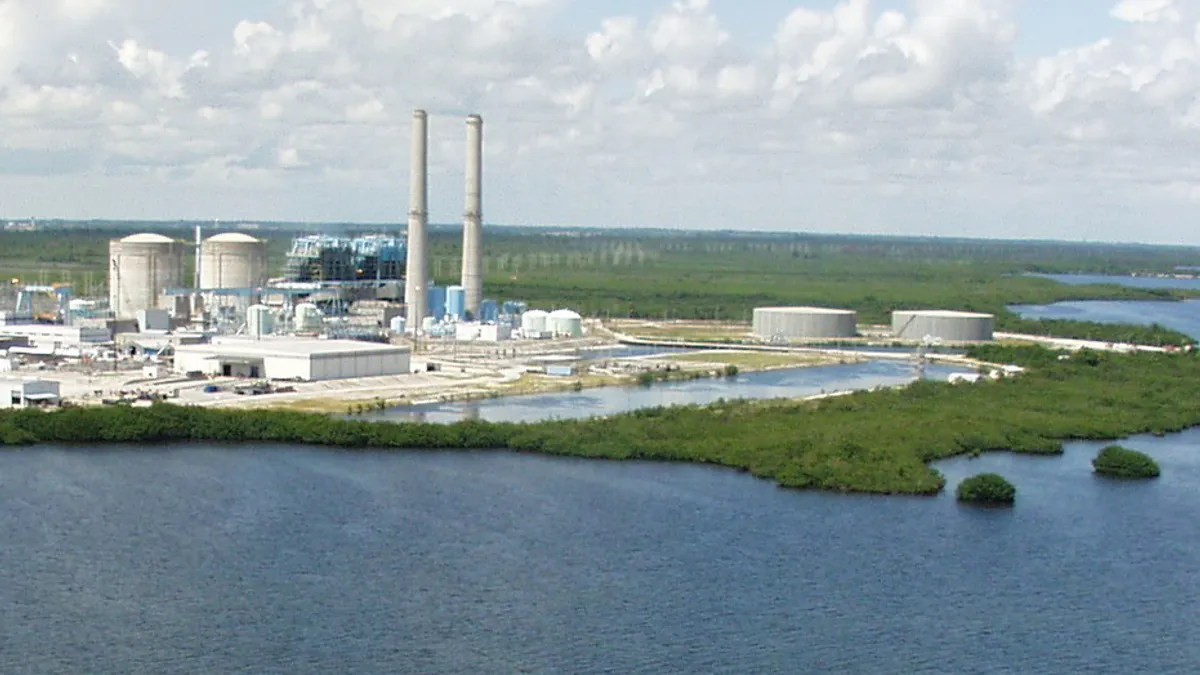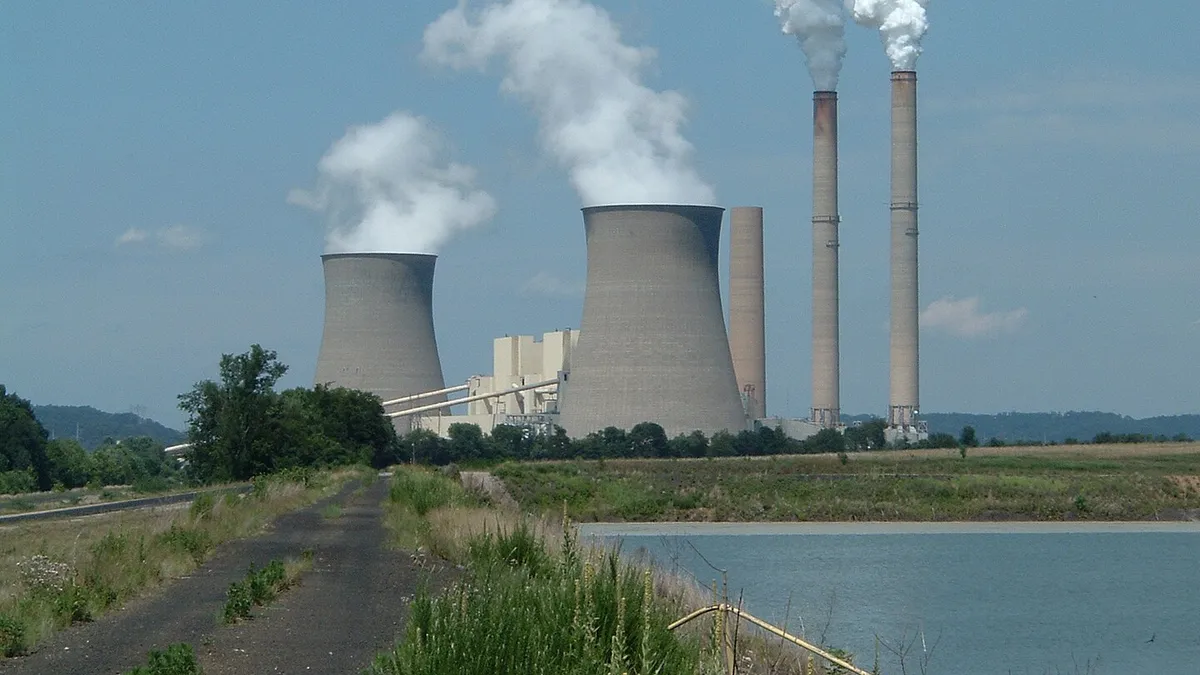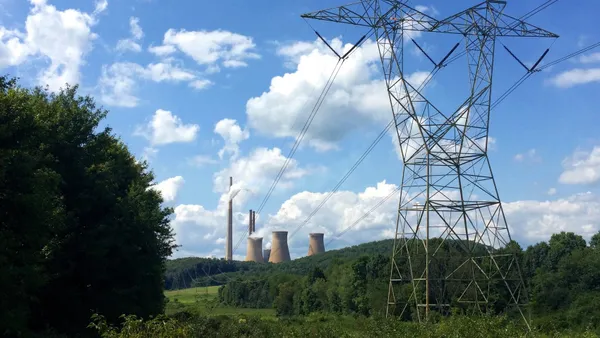Dive Brief:
- Local media reports Florida Power & Light has begun working to fix a plume of salty water leaking from its Turkey Point nuclear plant into Biscayne Bay.
- Over the summer, the utility reached an agreement with the Florida Department of Environmental Protection, the Palm Beach Post reports, to install a recovery system to capture hypersalinated groundwater and store it away from drinking sources.
- The (Florida Keys) Citizen reports FPL has begun the process of drawing back the salt plume. According to Associated Press, the Biscayne Bay aquifer supplies 17 billion gallons of drinking water each day for the Keys.
Dive Insight:
Florida news outlets report FPL has begun working to eliminate the salt plume emanating from its Turkey Point nuclear plant, located about 25 miles from Miami. The news follows the utility signing a consent agreement with state regulators, and a lawsuit filed in July by environmental groups.
The utility's plan calls for installation of a recovery system to capture and store hypersalinated groundwater away from drinking water sources. FPL spokesman Peter Robbins said in a previous interview that "the majority of the plume will be retracted within the first five years. Our goal is to get it all. We think that will take longer.”
Robbins said the goal is to “pull it back to the boundaries of the cooling canal system."
It's not clear if environmentalists will be satisfied. The Southern Alliance for Clean Energy and the Tropical Audubon Society filed a lawsuit in a U.S. district court, asking a judge to determine FPL is in violation of the Clean Water Act.
"We think that it does not solve the problem going forward, and we have real concerns about its ability to effectively remediate the problem that has been generated over the past 40 years," said SACE Executive Director Stephen Smith said this summer.
The water quality issues have not helped FPL's push to construct two new units at the Turkey Point facility. Florida Senate committees have held hearings this year to investigate the environmental impacts from the existing plant. In April, the 3rd District Court of Appeal in Miami reversed the state's decision to allow the reactors.














